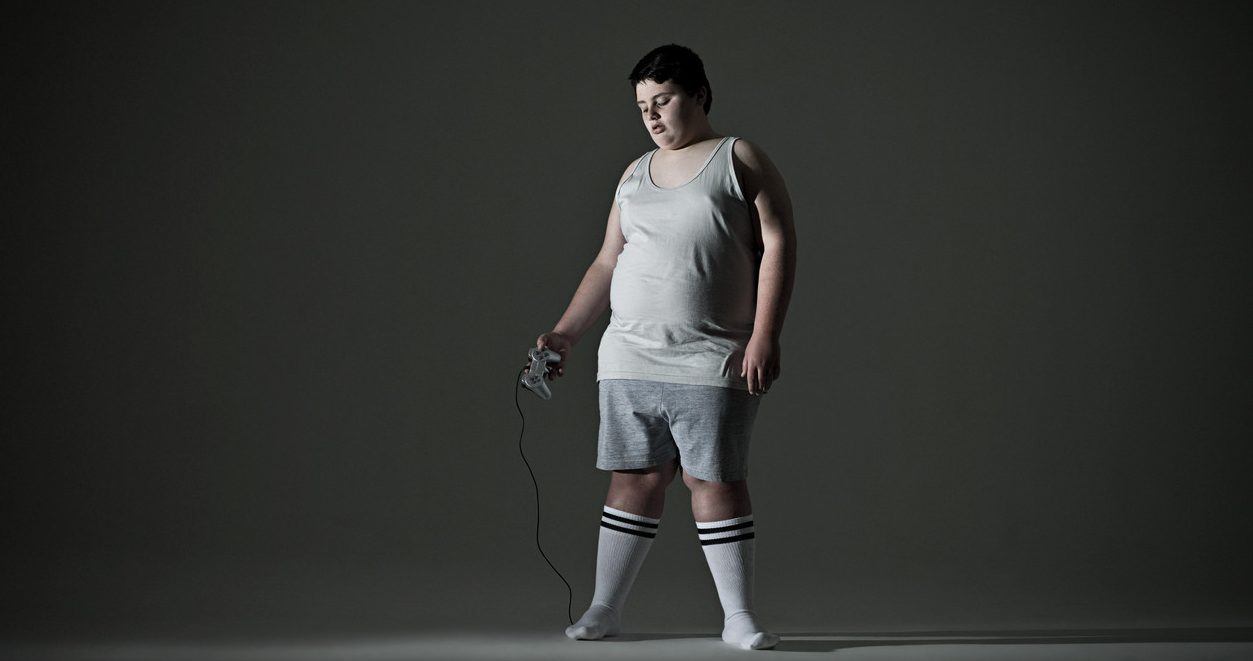Is Your Child at Risk for High Blood Pressure?

Keeping weight under control in childhood and adolescence can prevent hypertension.
With many schools doing away with recess and too many fast food meals in our fast-paced society, it’s no wonder childhood obesity is on the rise. In fact, Centers for Disease Control and Prevention (CDC) statistics show one out of six U.S. children and teens are now obese.
Being significantly overweight in childhood can result in a youngster being bullied or having problems with body image – but researchers have found it also carries significant health risks, too.
For example, children who are obese are more likely to become severely overweight grown-ups faced with serious conditions such as heart disease, diabetes, metabolic syndrome, and cancer, according to the CDC. Stanford University researchers have now found that men who were overweight and not physically fit in their late teens more than tripled their risk for high blood pressure (hypertension) as adults. (Other risk factors for high blood pressure include family history and race, particularly for African Americans.)
Stanford family medicine specialist Casey Crump, MD, PhD, and colleagues wanted to see if physical fitness (including muscle strength and aerobic exercise capacity) and body mass index (BMI, a measure of body fat based on height and weight) in the late teen years predicted whether someone would develop high blood pressure in later life. To find out, the research team studied records compiled on about 1.5 million men who served in the Swedish military starting at age 18.
After a follow up of almost 26 years, about six percent of those studied had developed high blood pressure. The researchers found the men who were aerobically fit at age 18 were far less likely to develop hypertension in later years, even if they were overweight, than their peers who weren’t fit in their late teens.
Having strong muscles in their teen years wasn’t associated with the development of hypertension later on. However, for the research subjects who had low aerobic exercise capacity and were also overweight or obese, their risk for high blood pressure eventually skyrocketed. They were 3.5 times more likely to develop high blood pressure than their counterparts who were both physically fit and had normal weight at age 18.
Crump and colleagues concluded: “these findings suggest that interventions to prevent hypertension should begin early in life and include not only weight control but also aerobic fitness.”
Researchers at Duke University Medical Center and the University of Texas School of Public Health analyzed data on U.S. youngsters between the ages of six and nineteen, using information collected between 1999 and 2012, to look for elevated cholesterol, triglycerides, and blood sugar levels, and high blood pressure. The results showed many overweight kids already have alarmingly high levels of these risk factors for heart disease, stroke, and type 2 diabetes in childhood.
Severely obese children and teens were found to have the highest risk for high blood pressure, compared to moderately obese and overweight youngsters and those of normal weight. Many significantly obese youngsters had multiple risks for cardiovascular disease – 40 percent had high triglycerides, and 30 percent had elevated levels of LDL, the artery-clogging type of cholesterol. Nearly a third had high blood sugar levels, too. Obese teens were also five times more likely to have already developed high blood pressure.
If your child is overweight, it’s important to work with your youngster’s pediatrician to promote weight loss through a nutritious diet and adequate exercise. The CDC provides Tips for Parents – Ideas to Help Children Maintain a Healthy Weight online, with advice on how to encourage healthy eating habits and regular exercise.
Updated:
August 10, 2017
Reviewed By:
Janet O’Dell, RN